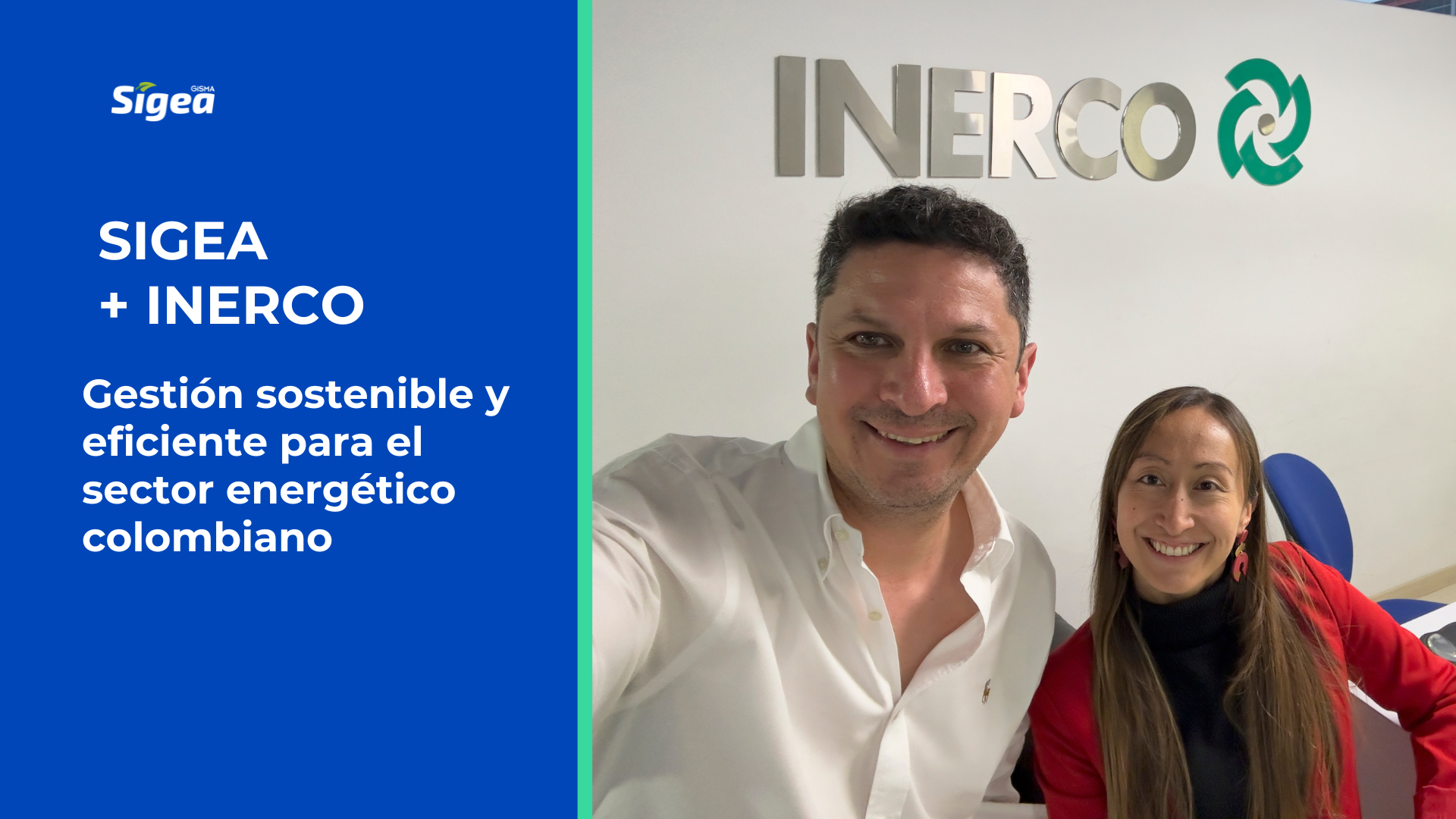The new law against economic crimes and attacks against the environment (Law 21.595), comes to catch up with international standards. More than two years ago, we warned of the need for an update to comply with the requirements demanded by the OECD and today it is a reality.
This law modifies a relevant set of different legal bodies, the most important of which is the Penal Code, since this law establishes relevant penalties for the commission of economic crimes.
In this sense, it should be noted that the Law expressly incorporates environmental crimes as new crimes.
Recall that in 2016 the organization stressed that, unlike most of its member countries, Chile did not apply criminal sanctions for environmental crimes. Finally, thanks to important adjustments, environmental offenses have been added to economic crimes.
This also responds to the need to recover public trust, which keeps the social fabric cohesive. Cases of bribery and collusion that have been sanctioned only with ethics classes have exposed much of the business world to poor public scrutiny. So did the multiple environmental non-compliances that until now were only punished with fines or administrative measures, which, although high, are not commensurate with the depth of the environmental and territorial damage.
In terms of global comparison, conduct that violates public trust has for years been subject to very high penalties, with long prison sentences in developed and developing countries. For this reason, the new rules of the game must be quickly adopted.
The law came into force on August 17, 2023, with the exception of the rules that modify Law No. 20,393, which establishes the liability of legal entities, which will come into force on the first day of the thirteenth month following its publication.
Regarding its application, Article 6 of the Law indicates the “inapplicability to micro and small companies”, provided that such companies are not part of a business group where the income qualifies them as larger companies, according to Law 20,416.
Another excluding requirement is: “that the crime is committed by a natural person who holds a position or function in the organization or is a third party intermediary (such as an external supplier). In this case, the natural person may be acquitted, but the company could still be sentenced, provided that those facts have been favored by the lack of implementation of a Crime Prevention Model”.
In turn, the Law replaces article 5 of Law 20.393 with the following article 5: “Autonomy of the criminal liability of the legal person. The failure to declare the criminal liability of the natural person who perpetrated the act or intervened in its perpetration shall not preclude the criminal liability of a legal person, either because the latter, despite the unlawfulness of the act, has not been criminally liable, or because such liability has been extinguished, or because it has not been possible to continue the proceedings against him despite the punishability of the act.
Likewise, the lack of identification of the natural person or persons who perpetrated the act or intervened in its perpetration shall not prevent the criminal liability of the legal person, provided that it is proven that the act could only have been perpetrated by or with the intervention of any of the persons and in the circumstances indicated in article 3.
Consequently, at SIGEA Software, we are aware that this new legal framework also triggers a series of challenges and opportunities at various levels. Promoting a cultural shift towards crime prevention within companies is essential to raise compliance standards and generate preventive measures.
In this sense, it is important to consider that an approach based on ESG criteria promotes greater corporate responsibility and constant adaptation to regulatory and cultural changes. The “G” in ESG Governance reflects the importance of transparency, ethics and accountability in corporate decision-making and operation.
The new law on economic and environmental crimes in Chile represents a bold step towards building a more sustainable and responsible society. Through the imposition of sanctions and an adequate Crime Prevention Model, this law seeks not only to punish offenders, but also to lay the foundations for a cultural change in the business environment. In a world where ethics, transparency and accountability are increasingly valued, Chile provides a clear example of how legal frameworks can act as catalysts for change and transformation.
With SIGEA Software we want to support you in the management of compliance with the legal obligations arising from this law and from the crime prevention module within your company, therefore, we leave you a sample of the legal obligations that it is essential that you can manage periodically and have evidence of compliance.
In addition, Article 50°, which replaces Article 4°, with the following: “.Article 4.- Crime prevention model. It shall be understood that a crime prevention model effectively implemented by the legal entity is adequate for the purposes of exempting it from criminal liability when, to the extent required by its corporate purpose, line of business, size, complexity, resources and the activities it carries out, it seriously and reasonably considers the following aspects:“
- Identification of the activities or processes of the legal entity that imply risk of criminal conduct.
- Establishment of protocols and procedures to prevent and detect criminal conduct in the context of the activities referred to in the previous number, which must necessarily consider secure channels for reporting and internal sanctions in the event of non-compliance.
- These protocols and procedures, including internal sanctions, shall be communicated to all workers.
- The internal regulations must be expressly incorporated in the respective employment and service contracts of all workers, employees and service providers of the legal entity, including its top executives.
- Assigning one or more persons responsible for the application of these protocols, with adequate independence, with effective powers of direction and supervision and direct access to the administration of the legal entity to inform it in a timely manner of the measures and plans implemented in the fulfillment of its mission, to account for its management and to require the adoption of measures necessary for its mission that may go beyond its competence.
- The legal entity shall provide the person or persons in charge with the material and immaterial resources and means necessary to adequately carry out their work, taking into consideration the size and economic capacity of the legal entity.
- Provision for periodic evaluations by independent third parties and mechanisms for improvement or updating based on such evaluations.
Given this new legal framework, the implementation of a Crime Prevention Model The obligation to report possible risks and non-compliance to the agency in charge of overseeing the operation and observance of the Crime Prevention Model must be efficiently managed. Likewise, a disciplinary system must be established to adequately sanction non-compliance with the measures or behaviors established in the model.
To read the full content of this new law, click here. If you would like advice on how to address these challenges in your company or project, contact us at Info@sigeasoftware.com.
Don’t forget to follow us on Linkedin.



